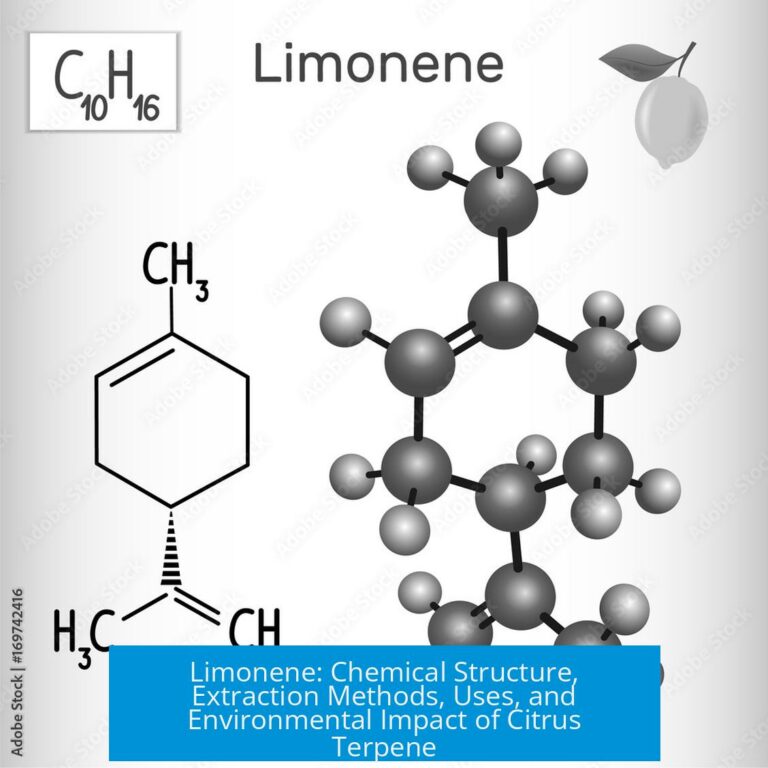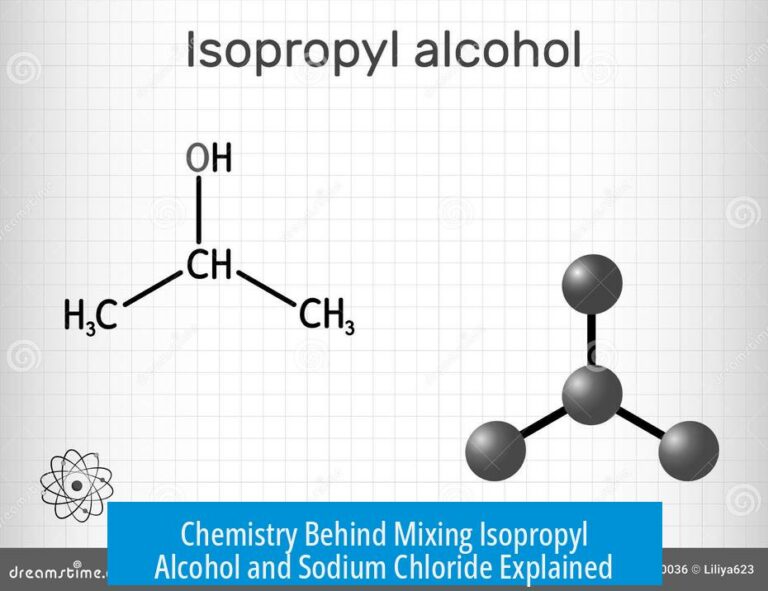High Schooler Passionate About Chemistry: A Path to Growth and Discovery
A high school student passionate about chemistry can significantly boost their education and career prospects by seeking internships, joining research groups, and engaging in academic projects that offer hands-on experience and connections in the chemistry field. This approach helps develop practical skills and builds a strong academic and professional profile.
Finding Internships and Practical Experience
One of the most effective ways for a high schooler to deepen their passion for chemistry is through internships.
- Local universities often accept summer interns from high schools. Checking the chemistry department websites can provide information.
- Contacting faculty members or administrative coordinators in university chemistry departments is a proactive way to request internship opportunities.
- Chemical companies, such as fertilizer manufacturers, provide real-world chemistry experience. Exposure to industrial-scale applications makes learning engaging.
- Parents or guardians can assist by leveraging their own networks to find lab positions or internships.
Internships not only provide exposure to laboratory techniques but also allow students to interact with scientists from different industries. The diversity of applications in chemistry makes industry internships invaluable for understanding career options.
Joining Research Groups and Academic Projects
Research groups at colleges or universities are ideal for high school students eager to push beyond textbook knowledge.
- Reach out to research professors at local universities through school or personal email addresses.
- Express genuine interest in ongoing projects and inquire about any opportunities for high school assistance.
- Participation in scientific research enhances college applications and resumes significantly.
- High schoolers have been welcomed in university labs and contributed effectively, indicating openness in many academic environments.
Such collaborative research also helps students learn the scientific method, data analysis, and critical thinking firsthand.
Letters of Recommendation: Academic Advantage
Strong letters of recommendation from university faculty are powerful assets for high school students applying to colleges.
- Engaging early with professors through research or internships can lead to personalized and credible recommendations.
- Being recommended by faculty sometimes places applicants in a top percentile for admissions, enhancing chances substantially.
These endorsements reflect dedication, maturity, and potential recognized by professionals, qualities college admission offices highly value.
Programs and Opportunities Aimed at High School Students
Several programs target high school students specifically to foster interest in chemistry.
- ACS Project Seed offers research funding to disadvantaged high school students to conduct original chemistry research under faculty mentorship.
- Science fairs, including the International Science and Engineering Fair (ISEF), encourage students to develop unique projects and showcase scientific initiative.
- Programs often exist to increase minority participation in STEM, providing additional support and mentoring.
Involvement in such initiatives not only enhances scientific skills but fosters networking within the broader chemistry community.
Enhanced Learning Outside School
Beyond formal education, students can gain extra knowledge and inspiration by engaging with university resources.
- Some universities allow high school students to attend lectures during school breaks, expanding exposure to advanced concepts.
- Visiting professors or advisors offers opportunities to seek guidance on study strategies and career pathways.
- Attending science seminars or public talks led by chemistry faculty builds contextual understanding and motivation.
These experiences provide insight into current research trends and academic expectations.
Overcoming Challenges Faced by High School Students
Securing hands-on chemistry experience at high school level can be challenging for several reasons.
- Limited access to advanced laboratory facilities compared to college students.
- Research opportunities and internships vary widely depending on geographic location.
- Competition for available positions may be high, especially in well-connected urban areas.
Efforts like parental networking or seeking assistance from community members in chemistry-related fields may open doors otherwise closed.
Persistence and flexibility are key to finding meaningful opportunities despite obstacles.
Career Inspiration and Connections
Exposure to chemists with diverse backgrounds can inspire students to explore specialized careers.
- Examples include professionals transitioning from nuclear physics to nuclear medicine careers, showing interdisciplinary potential.
- Meeting chemists from academic, industrial, and medical fields helps students understand the breadth of applications.
This awareness shapes future educational choices and career goals.
Simple Practical Chemistry at Home
Students eager to explore chemistry without immediate lab access can try safe, simple experiments at home.
- Demonstrations like making homemade bleach introduce principles of chemical reactions and safety procedures.
- Many household items are suitable for basic explorations, fostering curiosity and foundational understanding.
- Engaging in such projects hones observational and recording skills essential to chemistry.
These experiments lay groundwork for more complex study later on.
Summary of Key Takeaways
- Internships at universities and chemical companies provide real-world chemistry experience.
- Joining research groups and academic projects bolsters skills and college applications.
- Strong faculty recommendations significantly improve admissions prospects.
- Programs like ACS Project Seed and science fairs support high school chemists.
- University lectures and professor guidance enhance learning beyond school.
- Networking and parental support help overcome access challenges.
- Meeting diverse chemists inspires career ideas.
- Simple home experiments build foundational chemistry skills.
A high schooler committed to chemistry has various paths to deepen understanding, build credentials, and prepare for future studies. Exploring internships, research, and broader educational opportunities positions passionate students for success in STEM fields.
How can a high school student find chemistry internships?
Check local universities’ chemistry departments and chemical companies for internships. Reach out via email to faculty or administrators. Fertiliser companies may also offer unique hands-on experiences.
What benefits do research groups offer to high school chem enthusiasts?
Joining a research group builds skills and enhances college applications. Contact university professors or PIs to ask about openings. High schoolers have successfully contributed to lab projects before.
How important are letters of recommendation from university faculty?
A strong recommendation from faculty can boost your college application significantly. It helps set you apart by highlighting your direct experience and commitment to chemistry.
Which programs support high school students interested in chemistry?
- ACS’s Project Seed offers research opportunities for high schoolers.
- ISEF and other science fairs allow you to explore your chemistry interests.
- Some programs focus on increasing diversity in science fields.
What are some practical learning opportunities outside of school?
You can attend university lectures during breaks and seek advice from professors. While labs may be off-limits, observing lectures helps deepen your understanding.
What challenges do high school students face in gaining chemistry experience and how to overcome them?
Hands-on experience may be scarce and location-dependent. Use family or personal connections to find lab assistants’ roles. Persistence and local networking are key strategies.





Leave a Comment